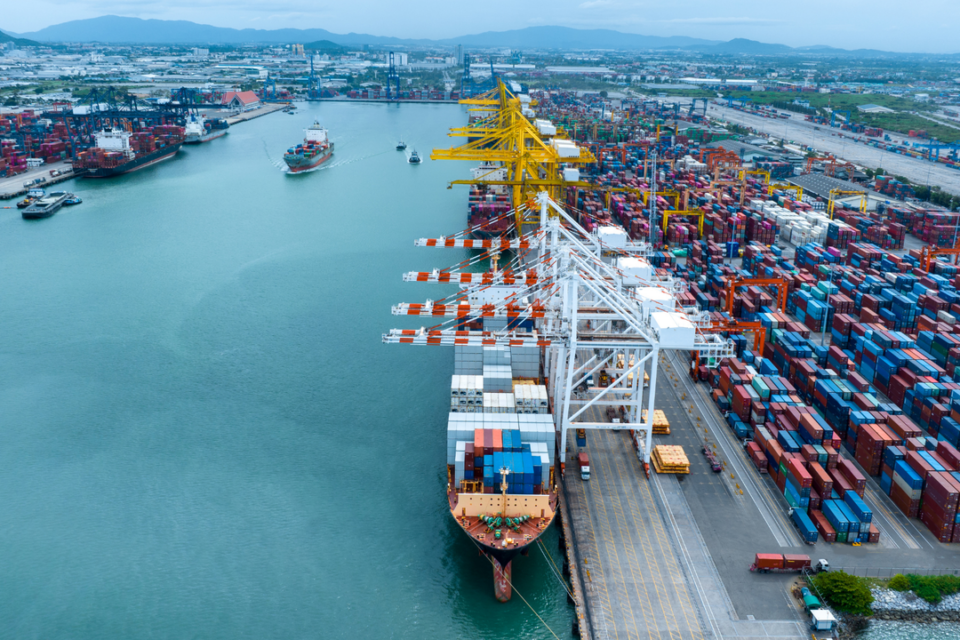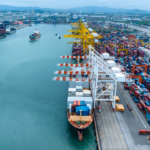Brace for Impact: Economic Threats Are On The Horizon

The new year may bring more than just fresh resolutions—it could usher in a new wave of economic turmoil and supply chain disruptions, thanks to the looming threat of another port strike. In October, tens of thousands of International Longshoremen’s Association (ILA) members ended their three-day walkout at East and Gulf Coast ports. This resolution was a sigh of relief for workers, small businesses, and communities nationwide, all of whom depend on these ports for essential goods.
However, the truce may be short-lived. The ILA and U.S. Maritime Alliance (USMX) have agreed to extend their current contract until mid-January, buying time for negotiations. If no long-term agreement is reached, a strike could resume as early as January, potentially shaking the national economy once again.
What are the broader implications?
-
Ripple Effects on Consumers: A strike lasting more than a few days could trigger shortages and price hikes on essentials like groceries, clothing, and electronics—impacting households across the nation.
-
Economic Fallout: Historically, port disruptions have had massive economic impacts. In 2002, a similar strike cost the U.S. economy $1 billion per day, with a recovery period of six months. JPMorgan Chase recently estimated that an ILA strike could drain $3.8 billion to $4.5 billion from the economy each day.
-
Small Business Struggles: Already strained by tight margins, inflation, and labor shortages, small businesses would bear the brunt of the economic fallout, amplifying their vulnerability.
WY this matters to you: While Wyoming may not have coastlines, we’re far from immune to the ripple effects of a potential port strike. If it happens, our small businesses and consumers will feel the brunt—facing possible shortages, rising prices, and significant delays in essential shipments. Alongside the U.S. Chamber of Commerce and other state and local chambers, the Wyoming Chamber of Commerce is committed to preventing this second strike before it starts. The stakes are high, and we’re working to safeguard our economy from the widespread disruption it would bring across the nation.


